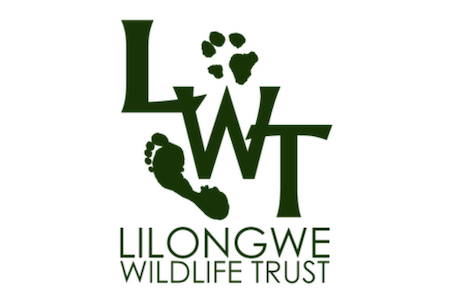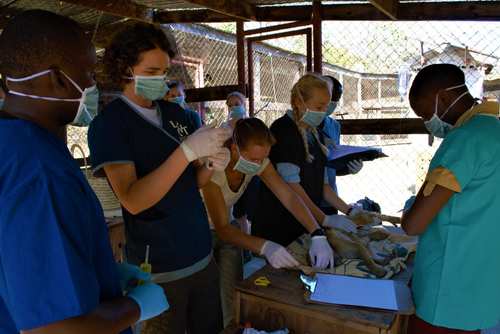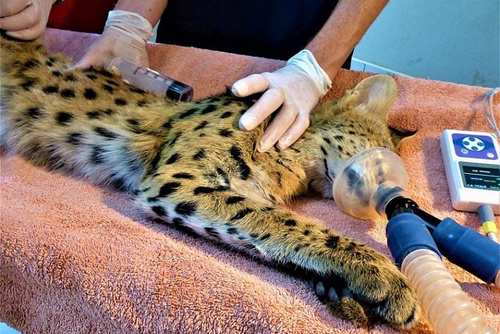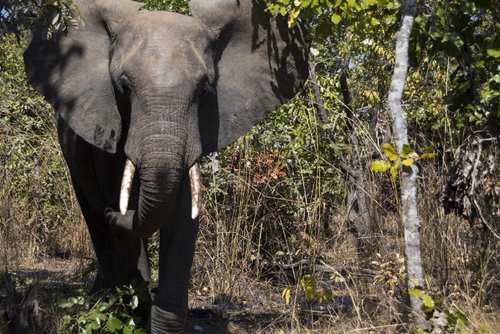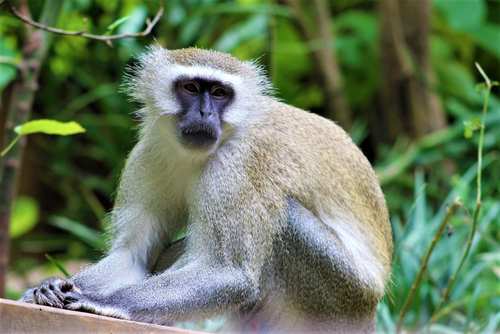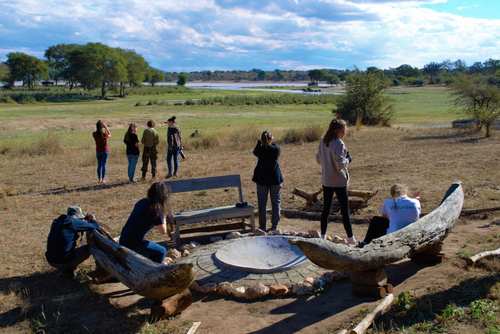Our Head Vet, Dr Amanda Salb, is the only in-country veterinarian licensed for game capture and star of TV documentary Malawi Wildlife Rescue. She is supported by a knowledgeable and experienced team.
Roles
Wildlife Rescue & Rehabilitation
Externs will always be expected to prioritise the demands of the veterinary department at the Lilongwe Wildlife Centre, which ranges from incoming exams and emergency operations through to health checks and routine diagnostics. Depending on the staff available, a number of other theoretical and practical trainings can be made available. Clinical sanctuary work is understandably variable in comparison to a domestic animal clinic and so the programme is perfect for those looking to gain a broad, real-world experience that spans other aspects of rehabilitation.
Clinical Projects in One Health
Splitting your time between the sanctuary and the field, you can learn new techniques and contribute to an important body of clinical research. The current project phase involves wildlife health surveillance and veterinary outreach in villages surrounding national parks.
Please note that participation in the CPOH programme is dependent on availability. Please state your interest in this programme at the time of booking so that we can do our best to guarantee you a CPOH place during your externship.
Qualifications Required:
Most suited to vet students. Please submit any course requirements with your application so we can plan your placement appropriately. Qualified vets and vet nurses are also welcome.
About Us
We are Malawi’s first and only wildlife sanctuary and environmental education facility. Our remit has grown in response to the emerging conservation challenges of the past decade and we focus on where we can deliver the greatest impact. Our mission is to save wildlife, campaign for conservation justice and inspire people to value and protect nature in Malawi.
All of the money raised through our volunteering programme goes towards supporting our wildlife rescue and welfare work. It also supports our education and community projects which are essential for the future of conservation in Malawi and allows us to provide employment for local staff.
Your support enables us to provide food and essential medical care for the animals, as well as improving and implementing our rescue and rehabilitation projects to ensure their survival not only within the centre but also when they are released back into the wild.

